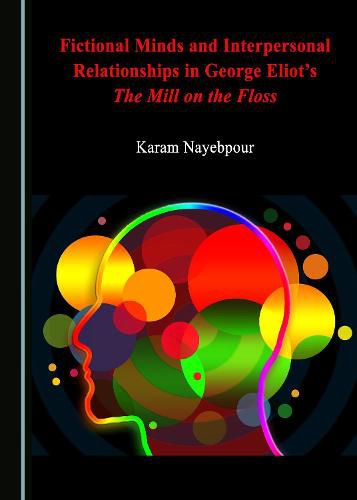Readings Newsletter
Become a Readings Member to make your shopping experience even easier.
Sign in or sign up for free!
You’re not far away from qualifying for FREE standard shipping within Australia
You’ve qualified for FREE standard shipping within Australia
The cart is loading…






George Eliot (1819-1880) is known for her psychoanalysis of the majority of her characters in her literary works. In her second novel, The Mill on the Floss (1860), she focuses on the fictional minds’ subjective first thoughts and intentions. She shows how their unsympathetic workings cause private and collective tragedy by the end of narrative. The novel has frequently been acclaimed by critics and readers alike. However, this book presents a re-evaluation of the text with the help of terminologies borrowed from cognitive narratology in order to shed new light on the significance of one-track minds in this narrative. The book explores the mental functioning of the individual fictional minds, and examines how different modes of mental activities influence the interpersonal relationships between and among the characters. Accordingly, the study argues that the main cause of tragedy in The Mill on the Floss stems from at least two factors. First, the central fictional minds primarily function on the basis of their self-centered thoughts and emotions, over which they usually do not have control. Second, the tragedy is an effect of the social minds’ or public opinion’s unforgetting, unforgiving, and unsympathetic perspectives of any unconventional behavior.
$9.00 standard shipping within Australia
FREE standard shipping within Australia for orders over $100.00
Express & International shipping calculated at checkout
George Eliot (1819-1880) is known for her psychoanalysis of the majority of her characters in her literary works. In her second novel, The Mill on the Floss (1860), she focuses on the fictional minds’ subjective first thoughts and intentions. She shows how their unsympathetic workings cause private and collective tragedy by the end of narrative. The novel has frequently been acclaimed by critics and readers alike. However, this book presents a re-evaluation of the text with the help of terminologies borrowed from cognitive narratology in order to shed new light on the significance of one-track minds in this narrative. The book explores the mental functioning of the individual fictional minds, and examines how different modes of mental activities influence the interpersonal relationships between and among the characters. Accordingly, the study argues that the main cause of tragedy in The Mill on the Floss stems from at least two factors. First, the central fictional minds primarily function on the basis of their self-centered thoughts and emotions, over which they usually do not have control. Second, the tragedy is an effect of the social minds’ or public opinion’s unforgetting, unforgiving, and unsympathetic perspectives of any unconventional behavior.